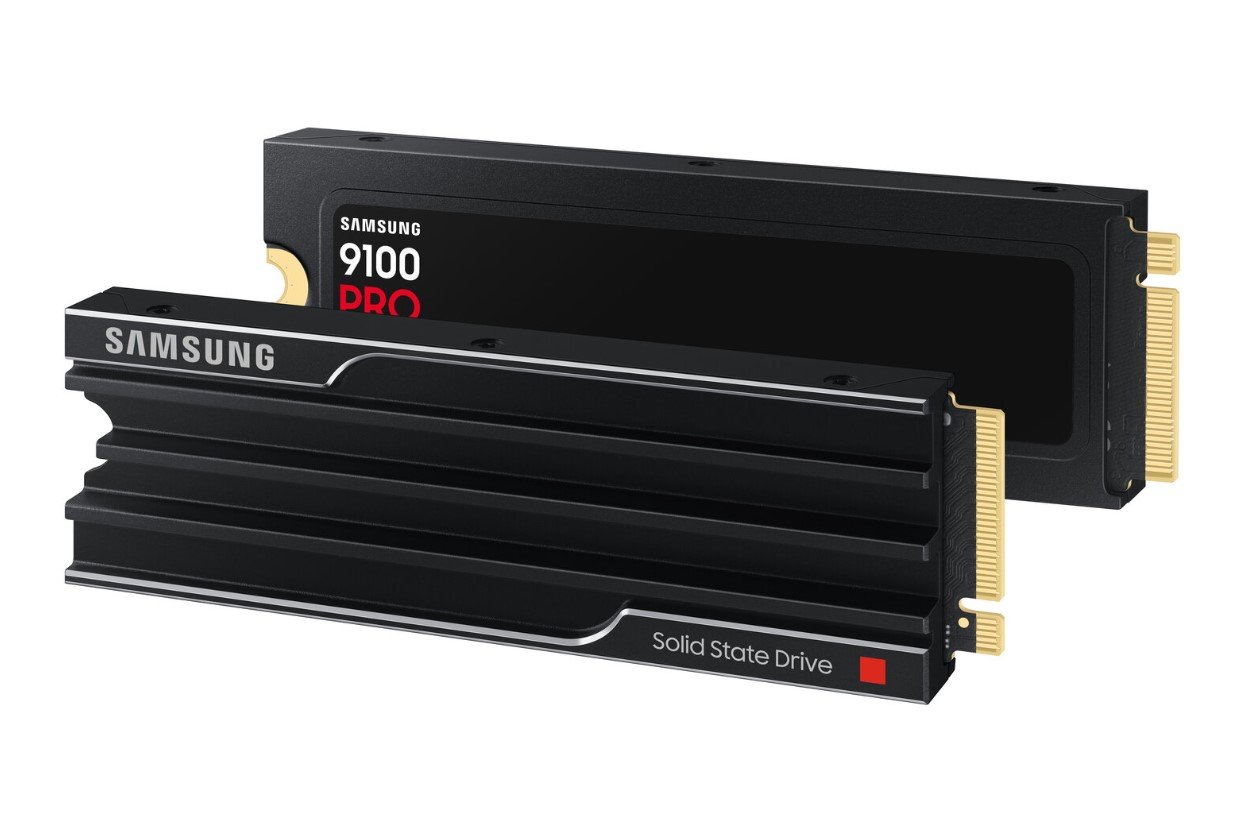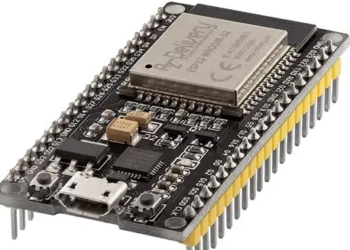The Samsung 9100 Pro SSD, once a high-priced beast of speed, is now catching attention for its lowered price tag and exceptional performance. Offering peak sequential read speeds of up to 14,800MB/s, it’s becoming a serious contender for enthusiasts and gamers looking to boost their setup.
Why The Samsung 9100 Pro SSD Stands Out in 2025
The 9100 Pro isn’t just fast; it’s built for durability. Equipped with a heat sink, this M.2 drive manages heat better than most, keeping performance consistent during heavy workloads. Thermal throttling? Not likely here.
Unlike older SSDs capped by PCIe 4.0 bandwidth, this is a Gen5 SSD, which means it’s ready to take advantage of the latest motherboards, laptops, or gaming consoles like the PlayStation 5. Of course, if you’re stuck with older gear, it’ll still work — but you won’t get those jaw-dropping speeds.
The discount currently knocking $40 off the 1TB model isn’t earth-shattering but represents the lowest price seen since the SSD’s debut. For top-tier performance at this price, it’s hard to argue against pulling the trigger now.

PCIe 5.0 SSDs: Finally Worth the Hype?
Not long ago, many tech enthusiasts shrugged at PCIe 5.0 SSDs, calling them more hype than necessity. The price premium didn’t justify the gain for average users. But things are changing.
As components become more affordable, the benefits become clearer. Faster load times, quicker data transfers, and smoother multitasking make these drives more than just bragging rights. In fact, the upgrade can feel like moving from dial-up to fiber-optic internet.
Samsung’s 9100 Pro, alongside offerings like Crucial’s newly announced P510 Gen5, signals a shift. 2025 could very well be the tipping point for PCIe 5.0 adoption.
Who Should Consider Upgrading Now?
The short answer: If you’re into gaming, video editing, or other data-heavy tasks, and you own hardware that supports Gen5, this is a solid buy. For everyone else, the benefits might not justify the spend just yet.
Quick list of who might want this SSD:
-
PC gamers chasing ultra-fast load times
-
Content creators working with 4K or 8K files
-
Professionals juggling large databases or virtual machines
-
Tech enthusiasts eager to future-proof their rig
Here’s a quick table showing how Samsung’s 9100 Pro compares to its PCIe 4.0 predecessor:
| Feature | Samsung 9100 Pro (PCIe 5.0) | Samsung 980 Pro (PCIe 4.0) |
|---|---|---|
| Max Read Speed | 14,800 MB/s | 7,000 MB/s |
| Max Write Speed | 13,400 MB/s | 5,000 MB/s |
| Thermal Protection | Yes (Heatsink included) | Basic |
| Price (1TB) | ~$200 (discounted) | ~$150 |
Even with a higher price tag, the jump in speed and cooling features make the 9100 Pro a tempting choice — especially with that discount.
What About Compatibility and Real-World Performance?
You might wonder, “Will this SSD really make a difference on my system?” If you’re gaming on the latest PlayStation 5 or building a bleeding-edge PC, yes. Load times shrink noticeably, and heavy workloads feel less taxing.
But for older laptops or desktops without PCIe 5.0 support, you’ll get slower speeds limited by your hardware. Still, the SSD remains fully functional. Just don’t expect the top-end performance numbers.
Interestingly, some users report that even with PCIe 4.0 boards, these Gen5 drives can offer slightly better performance thanks to newer tech improvements, though nothing close to full potential.
Basically, if you have the gear, the 9100 Pro is like strapping a rocket engine to your data pipeline.
































